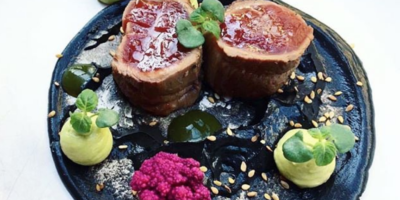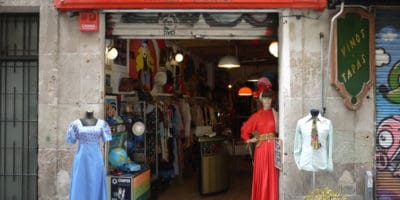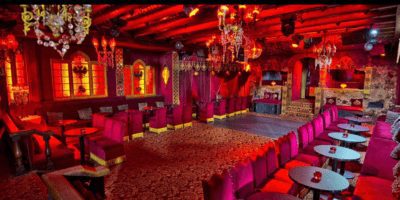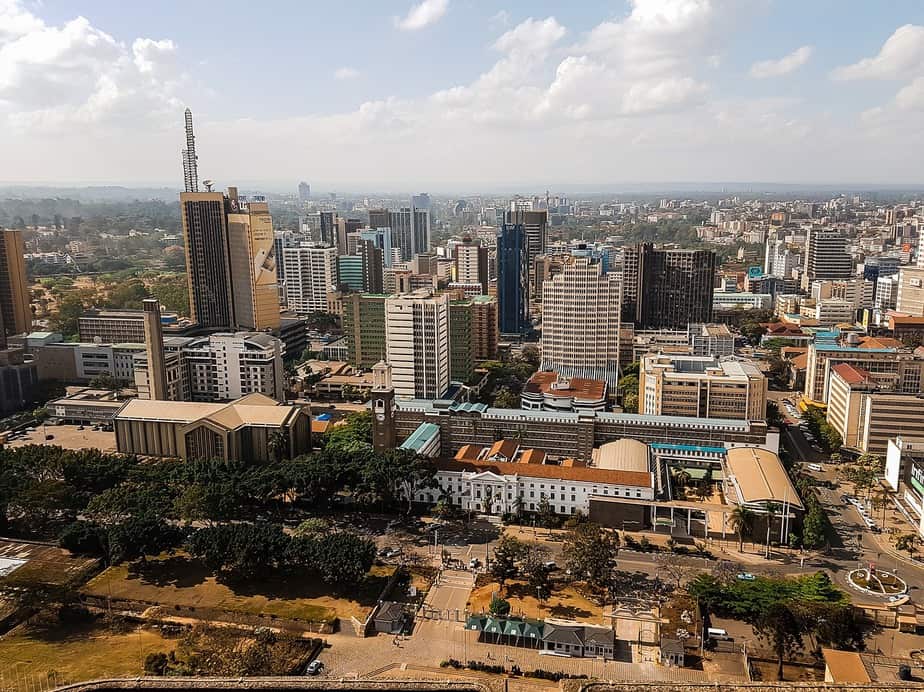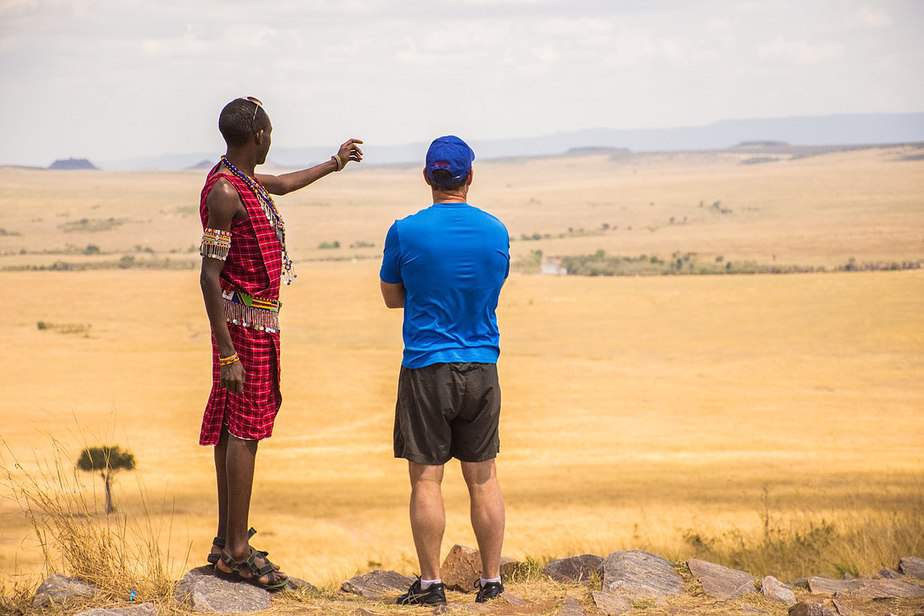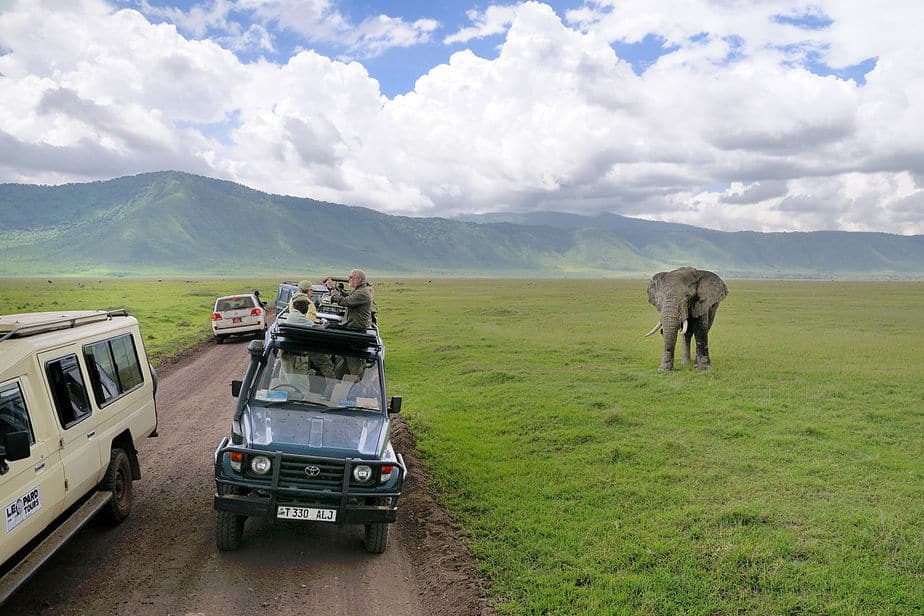10 Things to Know Before Travelling to Nairobi
Nairobi is the capital and the biggest city of Kenya. The name originates from the Maasai expression Enkare Nairobi, which means “cool water”, a reference to the Nairobi River that courses through the city.
The city prevalently alluded to as the Green City in the Sun, is without a doubt the most beautiful city in East Africa. Its bustling focal business locale, incredible wildlife and friendly people genuinely make it an exceptional spot. Nevertheless, arranging the ideal trip here can be a severe errand.
With the vast number of explorers visiting Kenya, the information out there can be very overwhelming. Some spend up to 3 months arranging an excursion and understanding the must knows or unquestionable requirements. That is the reason this post plans to make wandering here somewhat less overwhelming and additionally exciting.
Much the same as other destinations, Nairobi is secure for travellers, however as you will learn, it is always a smart thought to have a guide or a tour administrator.
Let us take a gander at the things you should know before travelling to Nairobi. Typically, the rundown is perpetual; nonetheless, here are ten things you have to know before visiting Nairobi.
1. Nairobi weather is either hot or cold.
Unlike European countries, Nairobi has a subtropical highland climate. At 5,889 feet above sea level, evenings may be cold, especially in the June/July season, when the temperature can drop to 48 °F.
The hottest and sunny part of the year is from December to March when temperatures average in the mid-twenties Celsius during the day. The maximum temperature for this period is 75 °F.
Situated by the equator, the differences between the seasons in Nairobi are minimal. There are wet seasons, but rainfall can be moderate — described as either wet or dry seasons. The timing of Nairobi sunrise and sunsets vary little throughout the year for the same reason.
2. Nairobi is a Business Hub
Nairobi is the regional office of several international companies and organizations. Africa’s largest companies have offices in Nairobi.
Nairobi is also a part of the FinTech phenomenon that has taken over the world. It has produced several tech firms that have been at the forefront of technology, innovation and cloud-based computing services. These company’s products are widely used and have considerable market presence within Kenya and outside its borders.
Products made in Nairobi include clothing, textiles, building materials, processed foods, and beverages. Many foreign companies have factories based in and around the city.
Nairobi has a vast tourist industry, being both a tourist destination and a transport hub. Most of the buildings in this region are the offices of businesses and corporations.
The American Embassy bombing took place in this district, prompting the building of a new embassy building in the suburbs.
3. You will need vaccinations
Although Nairobi is a city centre, Kenya is in a very organic and natural setting bustling with nature and wildlife. As such, there are obligatory vaccinations required for entry to Kenya, in which case an official document of immunization against Yellow Fever for travellers older than one year should be purchased. Most doctors recommend vaccinating against Polio, Tetanus, and Hepatitis.
Strongly recommended are anti-malarial prophylactics, administered two weeks before your arrival. Please consult your doctor regarding your health requirements.
To receive these immunizations, one must carry essential documents such as original passport, air ticket and hotel booking as proof of travel to your medical practitioner.
4. You will need loose cash
Most safaris are comprehensive concerning food and drink; however, you will need cash as you go about your activities, local purchases and tipping.
5. The Dollar and the Shilling are acceptable
Kenya’s money is the Shilling (KSH), and it is a smart thought to carry some alongside your significant credit card(s). Accepted here is the US dollar by worldwide inns and safari camps and in fact, required for specific activities.
ATMs are accessible in Nairobi, but they only apportion Kenya shillings. Also, Visa cards are the most secure wager, regardless of where you go.
We suggest that you change some cash at the air terminal as the banks there give a superior conversion scale than at the inns.
There is a bank at the International Airport, open until late, also an ATM so you can acquire nearby cash on arrival.
6. You need a tour guide
You may prefer renting vans or jeeps and chauffeuring yourself — it sounds fun and can sometimes work out cheaper. However, I do not recommend it for a first time visitor. You may love your freedom, but you also should care about your safety. Driving around any new place is no joke, especially in Nairobi’s National parks.
7. It is easy to move about and tour the city and parks
The optimal way to get around is to hire a vehicle and driver or a simple tour guide during your stay in Nairobi. Tour operators will offer you two options, a safari minivan or a 4×4 Land cruiser.
If you opt for the Land Cruiser, it comes with an elevated sunroof, perfect for photography and most importantly, it makes safari tours a lot less bumpy.
Your driver could also play the role of a guide and naturalist, ideal for first-timers. You can be sure your guide will be a trained mechanic himself.
Kenyans are friendly people, and towards the end of your trip, your guide will no longer be a stranger, but a newfound friend.
8. Taste the famous nyama-choma Kenyan delicacy
In Nairobi, there are many cafés. It is also home to nyama choma, which is a term, used to allude to roasted meat. There are also American fast-food eateries, for example, KFC, Subway, Domino’s Pizza, Pizza Hut, Hardee’s and Burger King which are well known.
Cafés, doubling up as eateries, generally frequented by the upper working classes, for example, Artcaffe, Nairobi Java House and Dormans are popular.
Customary food joints, for example, the well-known K’osewe’s in the city centre area, gaining practical experience in African cuisine, are widespread.
Upscale cafés frequently have some expertise in specific cooking styles, for example, Italian, Lebanese, Ethiopian, and French. Nevertheless, these are almost certain situated in five-star lodgings and the wealthier rural areas in the West and South of the city.
Nairobi has a yearly eatery week, dubbed Nairobi Restaurant Week, toward the start of the year, January–February. During this week, Nairobi’s cafés offer culinary experiences at discounted costs for foodies to explore.
9. Kenyans are multilingual
Kenya has two official languages: English and Swahili. Most people will speak a mix of the two as well as their tribal dialect.
We have about 42 tribes in Kenya with different languages and cultures that all merge to become the unique mix of Kenyan culture. However, Kenyans are friendly people, and communication barriers have never proven to be a hindrance to their hospitality.
Here are a few of the most common Swahili phrases you will hear, and you should learn before you arrive: ‘Jambo’ meaning “How are you?”, and ‘Asante’ saying, “Thank you”.
10. Depending on where you travel from you may need a Visa
You will come across information that tells you Kenya offers visa-on-arrival for particular passport holders. It is accurate; however, there are also instances of denied visas on arrival. I recommend you apply for a visa through a visa consultant.
It is less cumbersome and doable from the comfort of your home. It is also highly recommended that you purchase travel insurance for evacuation and medical emergencies — many, if not most, tour operators require it.
Now you are aware of ten things you need to know before travelling to Nairobi. I hope you enjoyed reading this article.
Planning a trip to Paris ? Get ready !
These are Amazon’s best-selling travel products that you may need for coming to Paris.
Bookstore
- The best travel book : Rick Steves – Paris 2023 – Learn more here
- Fodor’s Paris 2024 – Learn more here
Travel Gear
- Venture Pal Lightweight Backpack – Learn more here
- Samsonite Winfield 2 28″ Luggage – Learn more here
- Swig Savvy’s Stainless Steel Insulated Water Bottle – Learn more here
Check Amazon’s best-seller list for the most popular travel accessories. We sometimes read this list just to find out what new travel products people are buying.


